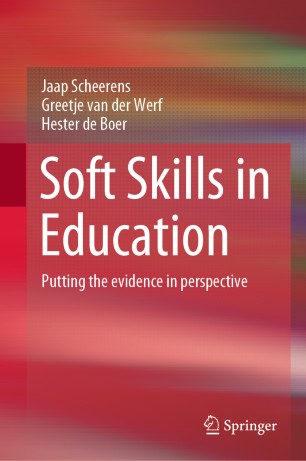

Most ebook files are in PDF format, so you can easily read them using various software such as Foxit Reader or directly on the Google Chrome browser.
Some ebook files are released by publishers in other formats such as .awz, .mobi, .epub, .fb2, etc. You may need to install specific software to read these formats on mobile/PC, such as Calibre.
Please read the tutorial at this link: https://ebookbell.com/faq
We offer FREE conversion to the popular formats you request; however, this may take some time. Therefore, right after payment, please email us, and we will try to provide the service as quickly as possible.
For some exceptional file formats or broken links (if any), please refrain from opening any disputes. Instead, email us first, and we will try to assist within a maximum of 6 hours.
EbookBell Team

0.0
0 reviewsThis book examines the global movement of putting more emphasis on students’ social and emotional development in education. It provides some order in the unstructured multitude of desirable socio-emotional educational objectives and ambitions that have resulted from this movement and builds on a careful conceptual analysis. It starts out by examining the roots of the movement and discusses different emphases. Next it makes use of instructional and psychological constructs and theories to arrive at meaningful categorizations of major domains and types of social-emotional “skills”. One of the key assumptions is that social and emotional attributes are malleable by means of educational interventions. The book reviews available research evidence for this assumption, taking into account psychological studies and meta-analyses. It then creates new evidence based on a new meta-analysis, which concentrated on the effects of educational interventions on skills associated with the conscientiousness factor of the Big5 taxonomy. In the final chapter, the book discusses the implications for educational policy and practice; a discussion in which attention is given to political and ethical questions about the desirability of treating social and emotional attributes as educational goals.